So, you wanna do standup comedy?
Good for you, funny meat bag, it’s about dang time!
Welcome aboard – but now what?
Being a successful standup comedian takes years of effort and sucking on stage to achieve, but with a good head start, you can get good quicker.
I’m veteran comedian turned author Mike Lukas and I have almost two-and-a-half decades worth of comedy notches in my funny belt. And my goal is to help you become a pro comic.
To start with, here are the first ten things a new standup comedian needs to do.
1. Pick out a Comedy Lens – before you can start writing funny jokes, it helps if you understand your comedy point of view. When faced with a world full of possible premises, having a clear Comedy Lens (aka your comedy brand or take or slant) will help you narrow down what part of your world you want to mock. Plus, it will help your comedy become more relatable and memorable.
2. Learn how to write a joke and write some – being funny for drunk, paying strangers is tough, but it’s even tougher if you don’t understand how to write a joke. It all starts with a premise, setup, and punchline, but that might sound like a foreign language to anyone new to the biz. Seek out books / videos / instructors to help teach you exactly what goes into creating those laughs.
3. Create a set list of your jokes – your first goal will be to create a five minute set made up of your best jokes. With a clear Comedy Lens, these jokes will give your audience (and the comedy booker) a decent idea of who you are on stage. Your set list should start with your second best joke and end with your best one.
4. Practice delivering your jokes in front of a mirror – before you attempt to do standup comedy on a stage in front of real people, practice your set in front of your bathroom mirror. First, memorize your jokes, then practice delivering them in front of a mirror holding a microphone (or hairbrush or water bottle) until you can rattle off your five minute set without awkward pauses.
5. Pick your on-stage look – before you attempt to entertain a live crowd, decide how you want to look on stage. Some comedians wear a suit, others are more casual, but use the style of your humor to help dictate what clothes you will wear as a comedian. Your look helps your audience clue into who you are as a comedian so choose something comfortable that reflects your style.
6. Search for local comedy clubs / bookers – wherever you live, there are most likely some comedy stages nearby, so go online and search for a list of them. Jot down all the standup comedy clubs and open mic stages that are within driving distance of your house. Call them up and ask (politely) what nights are for amateurs. Find out who hosts and books that show.
7. Sign up for an open mic to do a set – most open microphone shows (open mics) have you show up that night and sign up on a list at the back of the room. Some of them, however, are run by a host who prefers to make up the list beforehand. Each club is different so make sure to ask and then do whatever is required to get that stage time.
8. Record every set and listen afterwards – every set you do at the start of your career can be a valuable learning tool if you record it. Use your cell phone or a mini recorder that you place on the onstage stool to record every set you do. Then be sure to listen to those sets (multiple times) for the times you tried to get a laugh and succeeded (or failed) and adjust your set accordingly.
9. Find a writing partner – most standup comedians go it alone on stage but plenty of us enjoy bouncing ideas off other funny brains. Find at least one or more local comedians who crack you up and begin to hang out with them. Help each other with joke tags (extra punchlines that they can add to their bits) and cheer their sets on with laughter from the back of the room.
10. Find a coach to guide you – chances are someone at your local comedy club likes to help new comedians with their journey, so find out who holds comedy workshops and teaches standup classes. Ask them questions and listen to their feedback and decide if their advice can help you to get better. Chances are it will, especially in the beginning when you’re just learning.
Hope those help you to get a faster start to your exciting new career as a paid laugh-deliverer.
Good luck!
Get your FREE copy of The Business of Comedy!
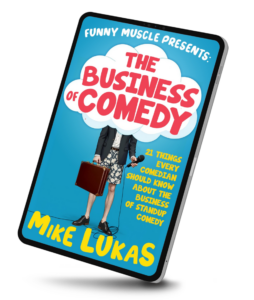
Includes:
- How Comedians are 5-Tool Players
- How to Attract a Following
- How to Get Bookings
- How to Create Multiple Income Streams
- Manager vs Agent
- And More!
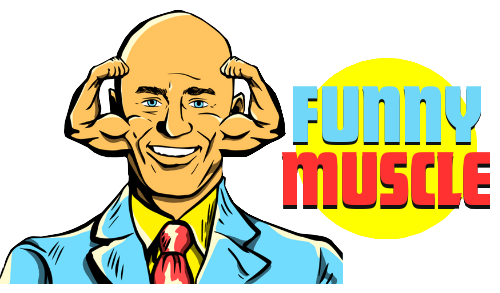

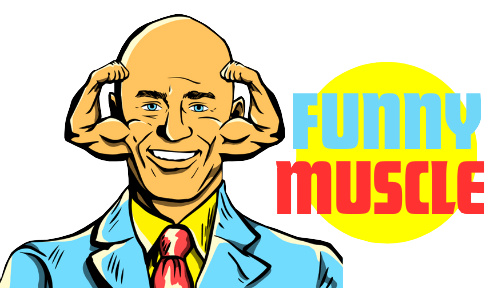
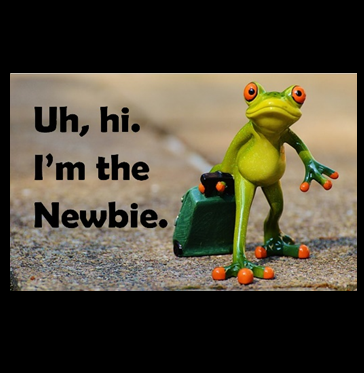

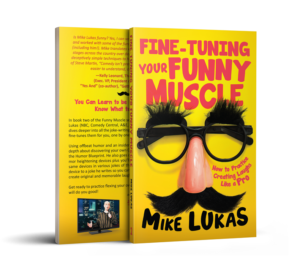

Pingback: F-Muscle Pod Epi-7: 10 Things A New Standup Can Do - Finding Your Funny Muscle